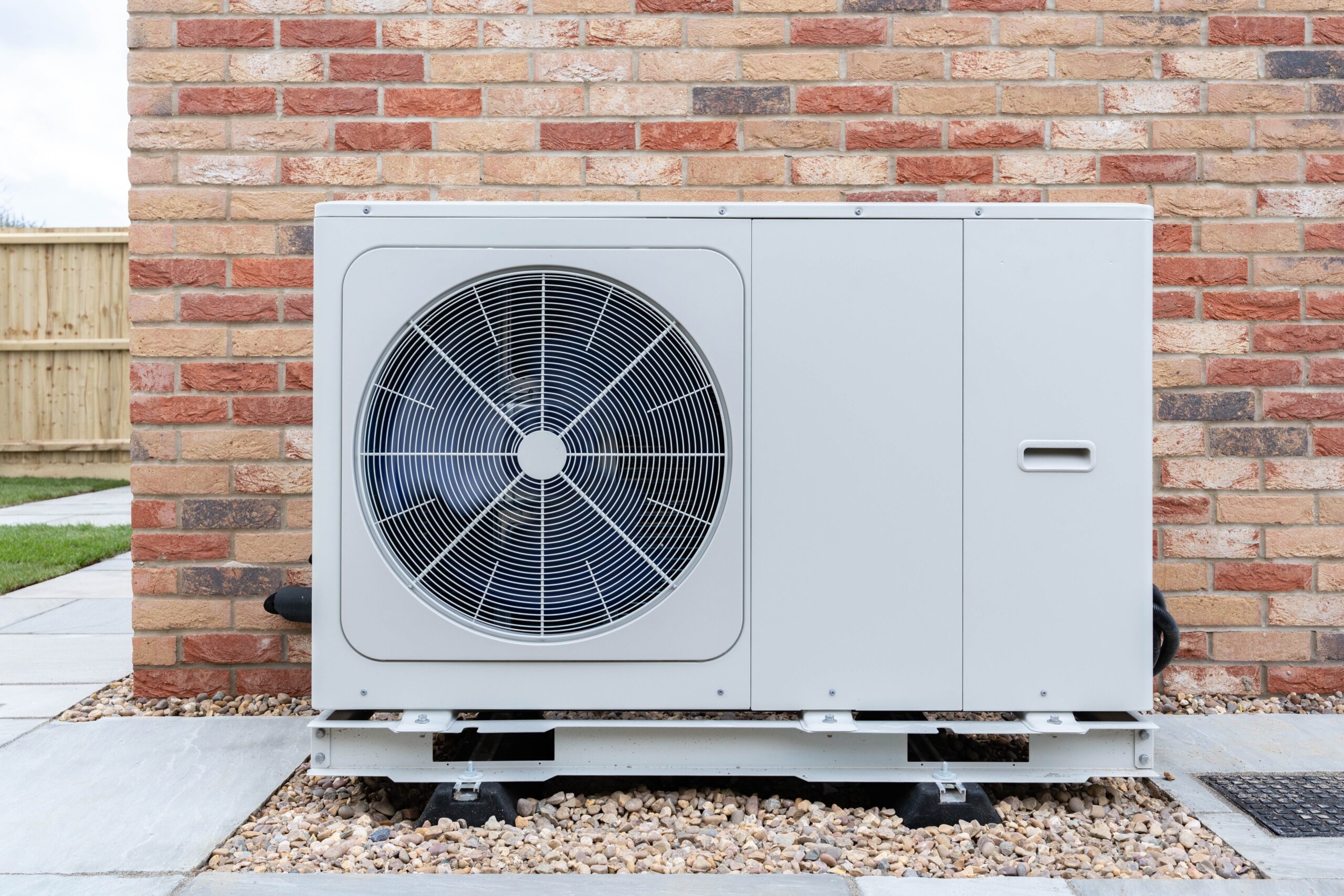An evidence-based targeting methodology, designed by EnvEcon (2022), can be used to support synergistic policy design across climate, air, health, and just transition policy goals for the deployment of air source heat pumps (ASHPs) in Ireland. As applied to the Irish case, it is based on both relevant literature and publicly available Irish datasets that are routinely updated in the system. As outlined in CAP 21, the installation of 400,000 heat pumps in existing premises by the end of 2030 is a key element of the national strategy to decarbonise the residential sector. The replacement of natural gas, oil, and solid fuel boilers with ASHPs will be beneficial to climate objectives. However, the impact on air pollutant outcomes is increased with the replacement of solid fuel. Ambient air quality is further improved where concentrated clusters of solid-fuel use are targeted, addressing multiple policy priorities across climate, air, health, and a just transition.
This methodology spatially analyses emissions and air pollutant concentration outcomes for both targeted and non-targeted deployments of heat pumps and shows that a focused deployment of 3% of the national heat pump target on solid-fuel homes could offer similar progress on climate goals but with a substantial impact in terms of reducing air pollution hot spots. For the Irish residential heating season (October–March), the targeted solid fuel scenario delivers average PM2.5 concentration decreases of 20–34%. The results identify targeted communities as often being in areas of relative deprivation, and as such, direct support for fabric retrofitting and heat pump technology installation offers the potential to simultaneously advance climate, air, and just transition policy ambition.
The full internationally peer reviewed methodology is available here.


